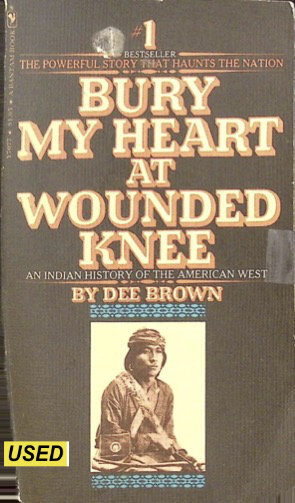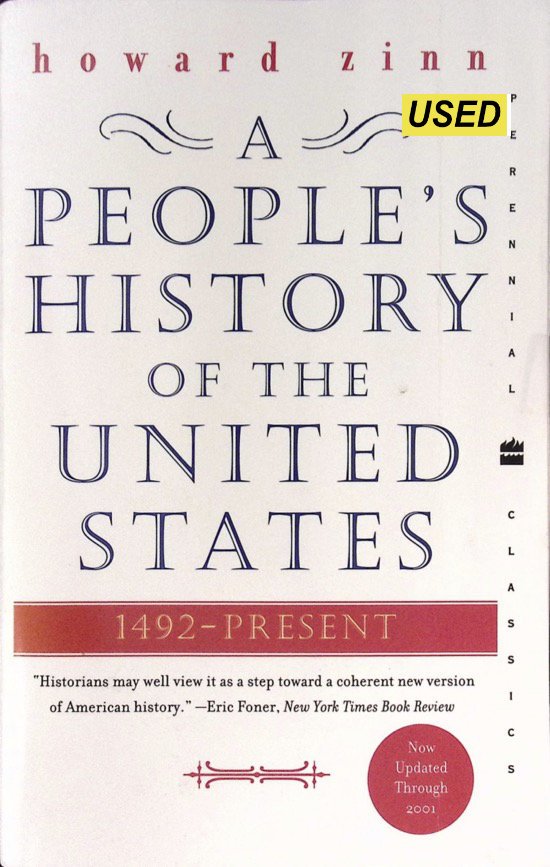By Frank Morison
FROM THE COVER: “I wanted to take this last phase of the life of Jesus, with all its quick and pulsating drama, its sharp, clear-cut background of antiquity, and its tremendous psychological and human intersEt - -to strip it of its overgrowth of primitive beliefs, dogmatic suppositions, and to see this supremely great Person as He really was.”
Such was English journalist Frank Morison's drive to learn of Christ. The strangeness of the Resurrection story had captured his attention, and, influenced by skeptic thinkers at the turn of the century, he set out to prove that the story of Christ's Resurrection was only a myth. His probings, however, led him to discover the validity of the biblical record in a moving, personal way. Who Moved the Stone? is considered by many to be a classic apologetic on the subject of the Resurrection. Morison includes a vivid and poignant account of Christ's betrayal, trial, and death as a backdrop to his retelling of the climactic Resurrection itself.”
Grand Rapids. Michigan. Lamplighters Books. 1958 (1930) 192p.





















